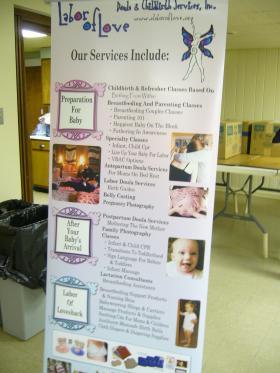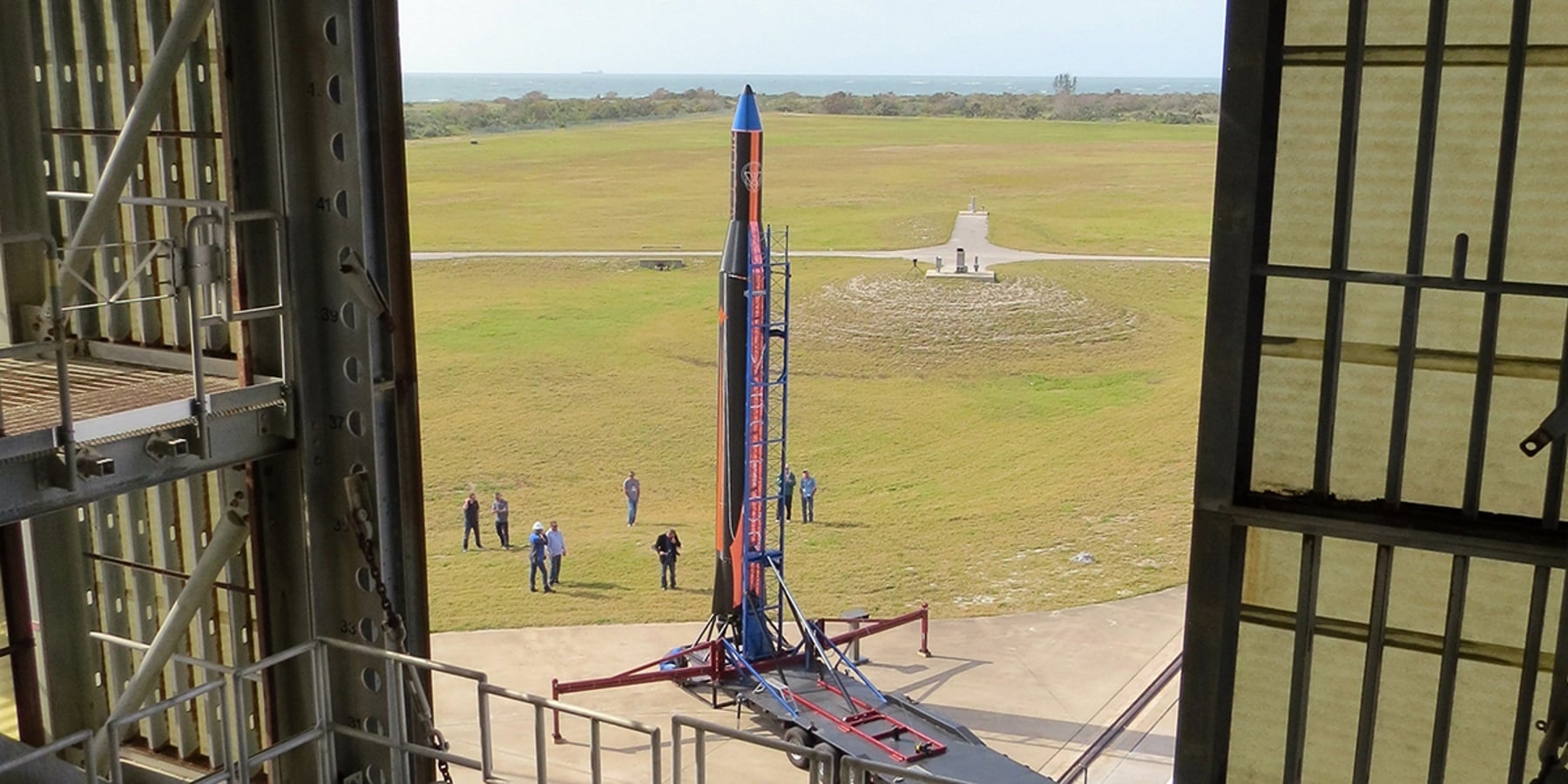Doula Do’s and Don’ts

When it comes to having babies, there’s a growing trend of using doulas. But when you pay someone $400-800 to help guide you through labor and childbirth, it’s important to know exactly what and who you’re hiring.
Rebecca and Federico Feldstein’s first child, David Warren, was born Nov. 7, and he’s making them very happy. They decided to hire a doula to help them with the birth, without drugs if possible.
“The whole idea of the doula is very beautiful,” says Federico. “It makes a lot of sense because they are there to support you in a time of uncertainty.”
The word doula comes from ancient Greek for servant or slave. Today a doula is a woman who provides emotional and physical support during labor and childbirth — like a coach or, historically, a village elder.
This idea appealed to the Feldsteins.
But when that time of uncertainty came, and Rebecca’s contractions started, the doula disappeared.
Rebecca says they called her after the doctor said to come in and she said to wait, to call her in a couple hours.”
So they did. But then she says they couldn’t reach her, by phone or text or anything. “After a couple hours of not being able to reach her, and not knowing what was coming, we decided to call the doctor who again said to come to the hospital.”
So that’s what they did.
It was 14 hours, figures Rebecca, before the doula called back.
“At that point I really was disenchanted by her coming and helping me out.” Her contractions were getting stronger, she said. “We were very upset that we had to make all these decisions on our own, and at that point, I didn’t want to be coached by her. My trust had been severed.”
After a long labor and an epidural, Rebecca delivered a healthy baby. Though thrilled with the outcome, they were confused and angry about their doula’s disappearance. And there’s little they, or anyone else can do, because the profession has no licensure or real regulating body.
“Most doulas are trained if not certified with one of a few major international and national organizations, says Rene Wymer, certified doula with A Labor of Love, a group of independent doulas that provide prenatal and childbirth services. “And each of those organizations has a scope of practice or code of ethics which doulas must operate within.”
However, says Wymer, “you don’t have to be certified or even trained by one of these groups to call yourself a doula. So there’s a lot of grey area there.”
At a ‘meet the doulas’ tea, Wymer explained that their team of doulas are all certified or working toward that goal. They back each other up and together have attended more than 1,000 births. And, she spelled out some of the boundaries of what doulas do and don’t do.
“We’re not there to provide medical advice, to question your care providers medical advice. Our job is to remind you of your goals, to remind you of your power and strengths and to help you make informed decisions through your pregnancy and labor.”
For Heather and Andy McIntyre, who have no family in town, having a doula there during an unexpected, seven-week early delivery gave them reassurance.
“I was definitely glad she was there, says Heather. “It was nice to have a familiar face. it was comforting to have her there.”
Still, being there is the first rule of being a doula. Because there’s no regulating body, it’s important to really do your homework before hiring someone. Wymer gave a few tips:
“I would look into their training and experience. There’s also websites with testimonials. And, then the biggest thing is that personal connection. You’re inviting someone into that really intimate time and that’s important. When that person walks into your space are you going to be glad they’re there?
“And if they’re not there, will there be someone standing by?”

9(MDAxODM0MDY4MDEyMTY4NDA3MzI3YjkzMw004))








